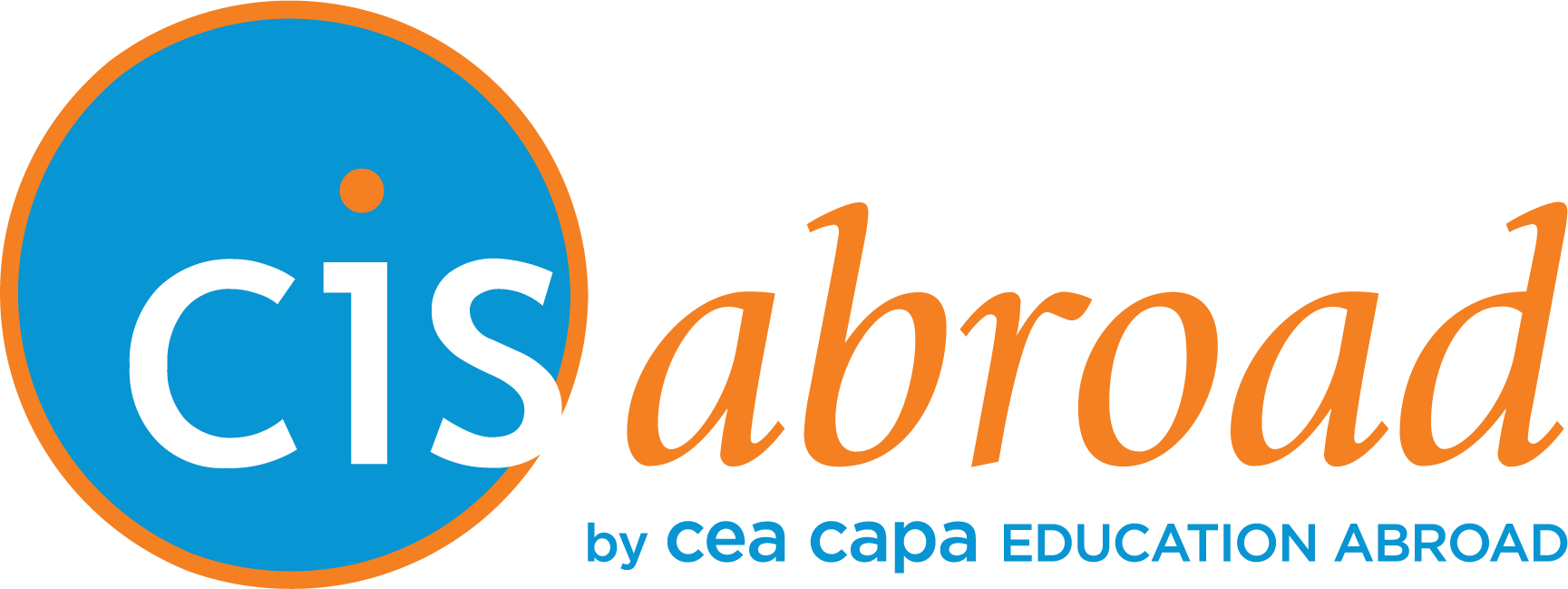COVID-19 Updates
We have been sending students abroad throughout the pandemic, and we are grateful for your confidence in us!
RECENT UPDATES
HEALTH AND SAFETY
If the country you are going to accepts PCR or antigen testing, then scheduling the antigen test, not the PCR test, may be advantageous. Though it may be challenging to find an antigen test within 24 hours of departure (often antigen tests are required within 24 hours of flying) – it may be better for you.
This is why:
- A PCR test will detect even a small amount of virus in the system – so someone could test positive for weeks after getting over COVID.
- An antigen test will likely only show if a person has large quantities of the virus in their system (and is most likely currently shedding the virus).
In summary, if you’ve tested positive for COVID in the weeks leading up to travel, if your airline/host country regulations allow, try to use the antigen test path, if available, to fulfill the testing requirement for travel. This article provides an overview of the different kinds of tests and how they work. Please contact your program coordinator with further questions.
If no testing is required to fly, we simply ask that you test yourself with rapid at home tests, and if you are testing negative then you are safe to join your program abroad.
CIS Abroad has developed a site-specific risk management plan for every location so that health and safety protocols are monitored, managed and communicated throughout the semester. We have developed a COVID Care Package included in our program fee to make traveling and living in a host country easier on students, especially those first few weeks on-site:
- COVID compliant airport pick-up and transfer to housing.
- COVID-safe classrooms and campus facilities as well as access to masks, hand sanitizer, and cleaning supplies according to country and location specific standards.
- Access to accommodation if isolation is necessary due to positive COVID test or exposure; this housing may incur additional charges.
- Information and assistance on meal delivery, if students need to isolate.
- Access to COVID testing; this testing may be an additional charge.
- Medical and accident insurance that covers COVID-related illness (except for on programs operating in the USA).
- Cultural activities and reflection that emphasize safe, local exploration geared to the specific context of being abroad at this special time.
The WHO and US CDC agree that the vaccine helps reduce the risk of serious illness and helps prevent the spread of COVID-19.
CIS Abroad strongly recommends all participants receive the vaccination and boosters because it:
-
- Reduces the health risk of:
- Spreading COVID-19 and its variants to other parts of the world, including CIS staff, international partners and the communities where we have programs.
- Contracting COVID-19 while abroad, which could lead to serious illness and death, missed classes and excursions, and mandatory isolation.
- Reduces the financial risk of:
- Being denied entry abroad if a country requires vaccination for entry.
- Being denied acceptance to one of our international universities, housing, host families, or other local venues.
- Having to isolate for longer periods of time if COVID positive
- Reduces the academic risk of:
- Missing important classes due to illness or mandatory isolation, due to changing regulations.
- Missing out on amazing cultural experiences due to decreased access.
- Reduces the health risk of:
We’ve created this Why get vaccinated to study abroad? handout that outlines the reasons why being vaccinated is beneficial while abroad.

